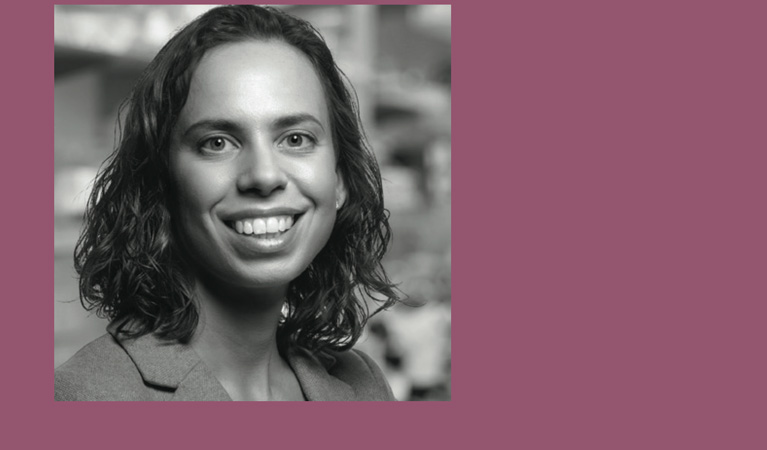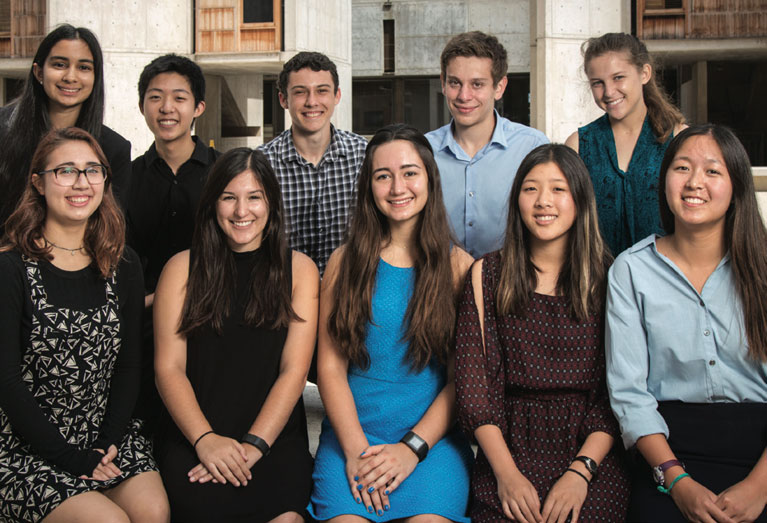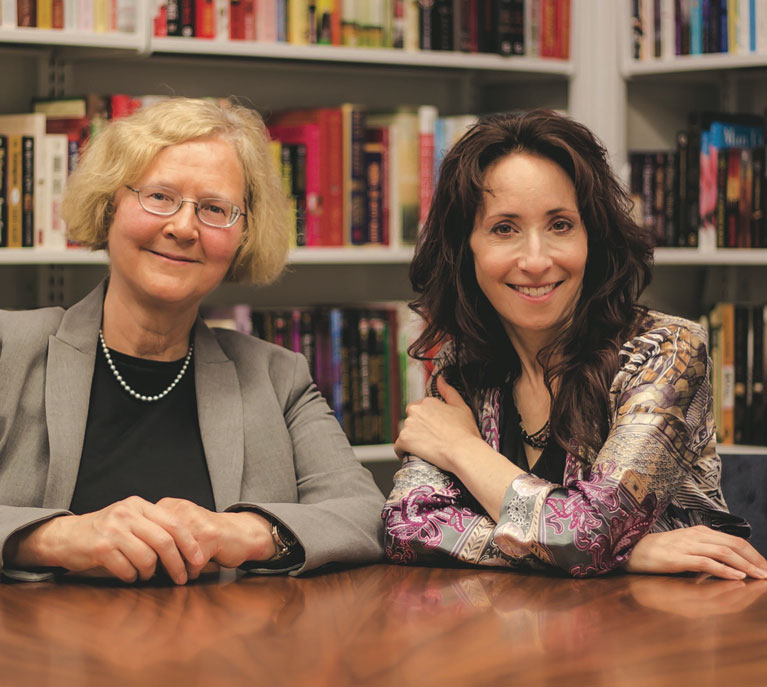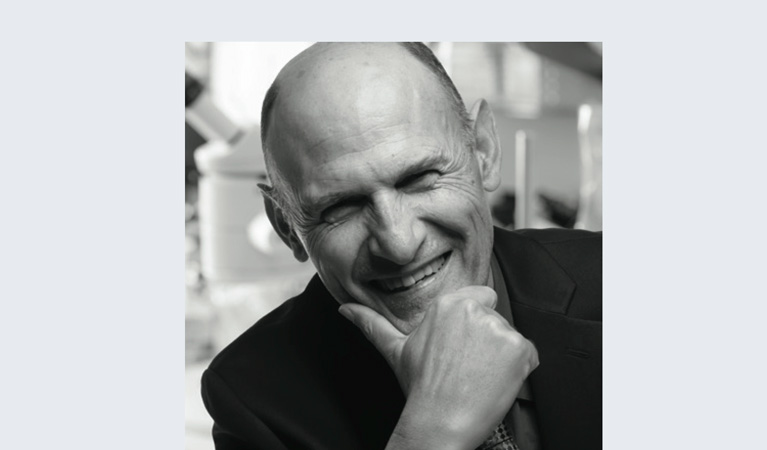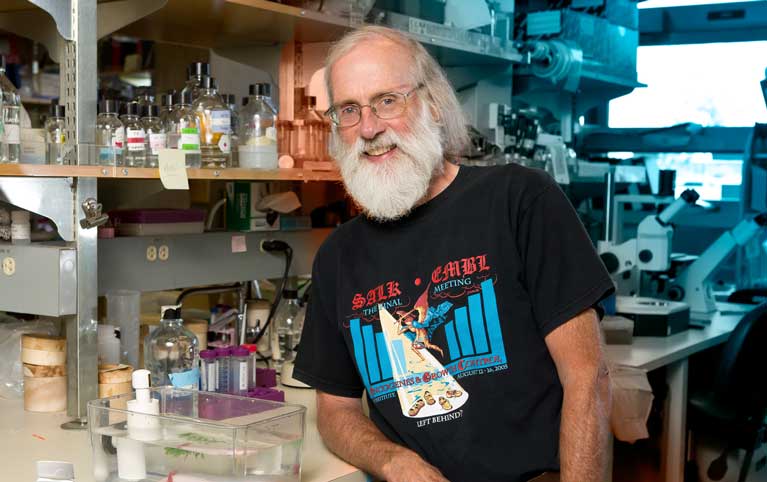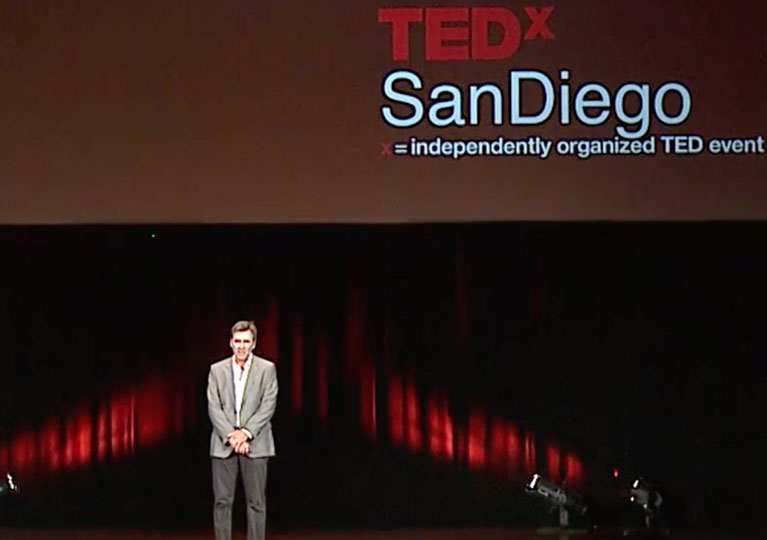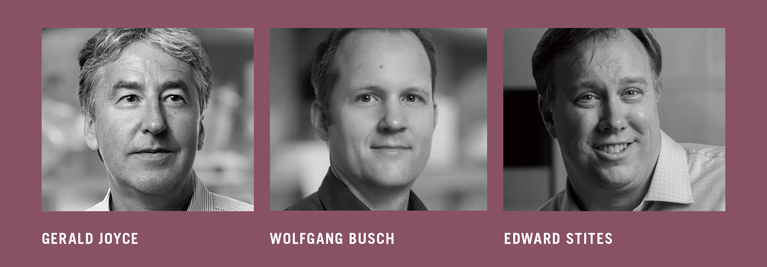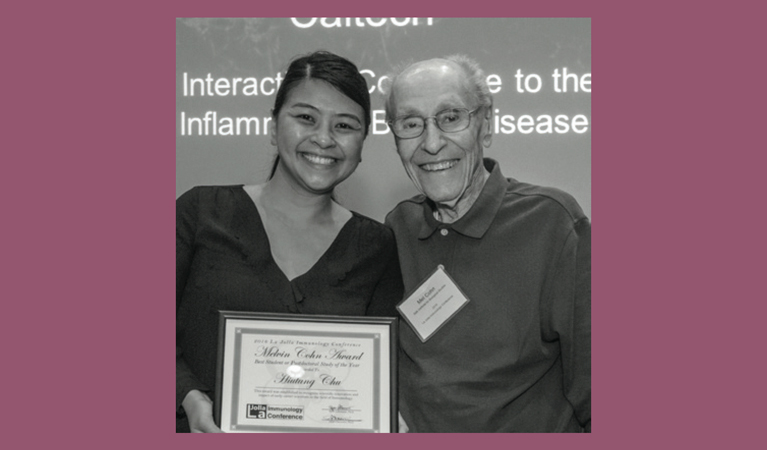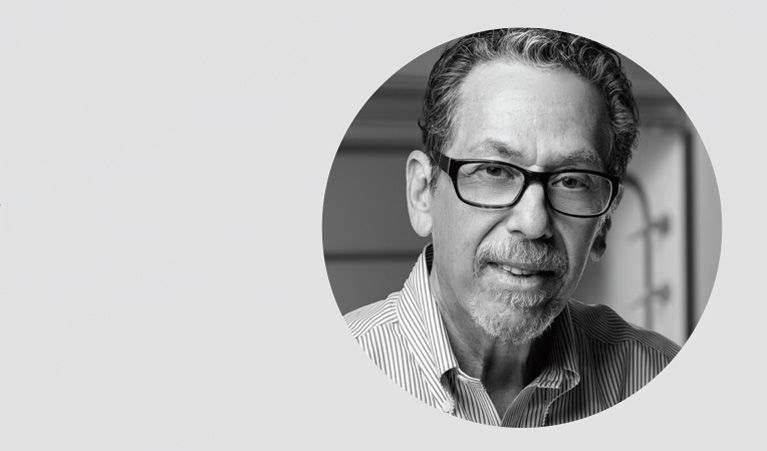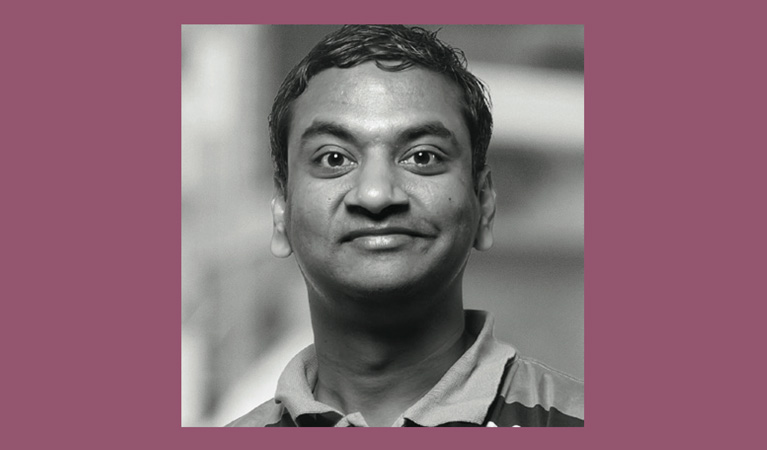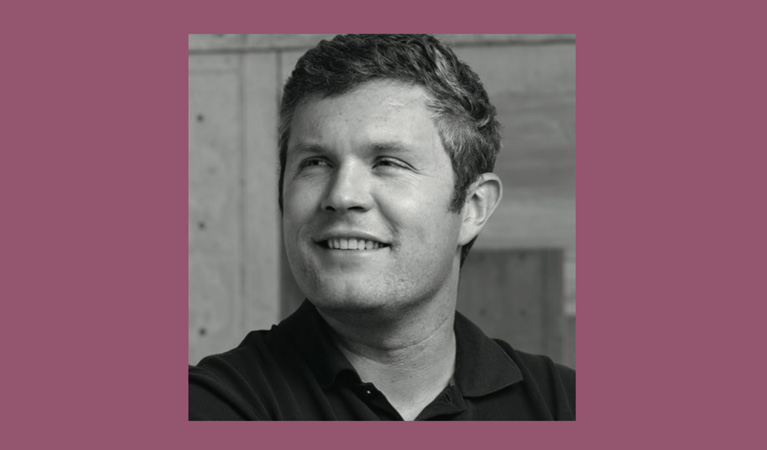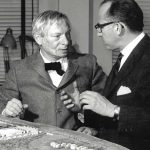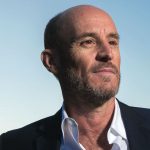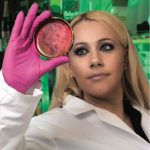A decade ago, Doug Jacobs was much like any other junior at La Costa Canyon High School—thinking about which colleges to apply to and what he wanted to study. Today, the internal medicine resident physician and health policy researcher at Brigham and Women’s Hospital in Boston credits his career in part to the Salk Institute’s High School Scholars program.
“In many ways, the program jumpstarted my interest in science and medicine,” says Jacobs, who landed a spot in Ronald Evans’ lab over the summer of 2006 to research proteins related to HDL cholesterol. “I hadn’t gotten my hands dirty in the science world yet. It’s one of the few programs that gets students into the lab doing work.”
For more than 40 years, the intensive eight-week High School Scholars program has given students that rare hands-on bench research experience in a Salk lab under the tutelage of a faculty member. The scholars maintain laboratory notebooks, formulate and test hypotheses and prepare experiments, concluding their summer with a presentation of their findings before mentors, lab colleagues and families.
Sakina Palida, a postdoctoral researcher who currently studies molecular mechanisms of neurodegeneration at Cedars-Sinai Medical Center in Los Angeles, first became interested in scientific research as a career as a 16-year-old High School Scholar in Joanne Chory’s lab.
“I not only saw how scientists approach biological questions in the lab, but I actually got to participate in the research and acquire technical and analytical skills that helped me in both my undergraduate studies at UC Berkeley and graduate research in Roger Tsien’s lab at UCSD,” says Palida. “My experiences through the summer program and the people I interacted with, including Dr. Chory and my postdoc mentors Greg Vert and Jesse Woodson, were altogether invaluable to my development as a scientist.”
In 2014, the program was renamed the Heithoff-Brody Scholars Program for Salk supporter Ken Heithoff and former Institute president William Brody. Heithoff was inspired to make a generous gift to Salk’s Education Outreach program after seeing the mentorship his grandson Cameron received as a scholar for two consecutive summers in the labs of Jan Karlseder and Samuel Pfaff.
“I can’t tell you how important mentors were in my own background,” says Heithoff, a physician. “In the Salk Institute, I see an opportunity for really strong, scientifically-minded kids to become the next generation of Nobel laureates. Those are the people who change history and that’s why I want to give that experience to more kids.”
Mentorship is one of the best memories Stephanie See has of her 2006 High School Scholars summer. Now a third year graduate student in the Chemistry and Chemical Biology PhD program at UC San Francisco, See focuses on the molecular mechanisms that control the spread of aggregating proteins in models of neurodegeneration.
“My interest in neuroscience began in Rusty Gage’s lab,” says See. “I was mentored by postdoctoral fellows who taught me the foundations of the scientific method and instilled the technical rigor and mental perseverance that would become valuable at every step of my scientific journey. I’m so grateful to these mentors and the High School Scholars Program for helping me explore interests that have since grown into a job and career I love.”






















































